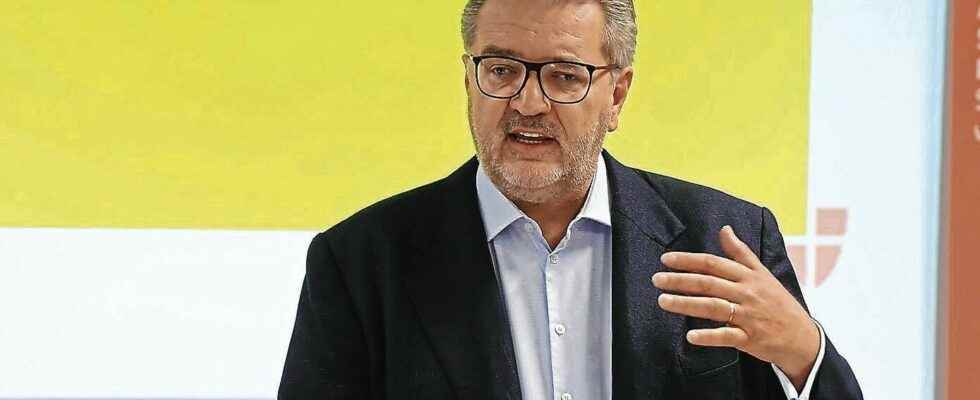The numbers are stagnating, the costs of social assistance are rising. City councilor Peter Hacker is still demanding an increase. Already 57 percent of the recipients are not Austrians.
It is the last social safety net – the minimum income. And a real budget hammer. In the double budget 2022/2023 of the City of Vienna, it is estimated at a total of almost 1.5 billion euros. So about as much as the two rescue packages for Wien Energie that were approved by emergency decree and bypassed the municipal council. Or a northern hospital. A total of 733.6 million euros were spent on it last year. A third of the social budget is therefore already spent on social assistance. The latest figures show that the number of minimum income recipients remained almost the same in 2021. So there is still no trend reversal in sight. There is a decrease, but it is very small. 135,649 people are currently dependent on minimum income. That’s a small minus of 618 people. Nevertheless, the costs have increased. Why is that? According to the town hall, this is due to the annual valorisation (inflation adjustments) and the amount of payments due to falling incomes. Proportion of non-Austrians has risen to 57 percent But the proportion of non-Austrian citizens has also risen from 55 to 57 (!) percent. The reasons for this were, among other things, the increasing number of asylum seekers. While there was a decrease in families with up to three children and younger women, groups such as single parents with several children and older women are increasingly dependent on support. The reference period has also increased to currently 9.07 reference months. Social Councilor Peter Hacker (SPÖ) continues to insist on an increase in social assistance and on implementing new reference limits because of the galloping inflation.
source site-12
